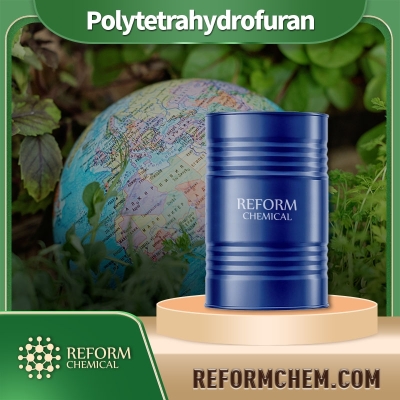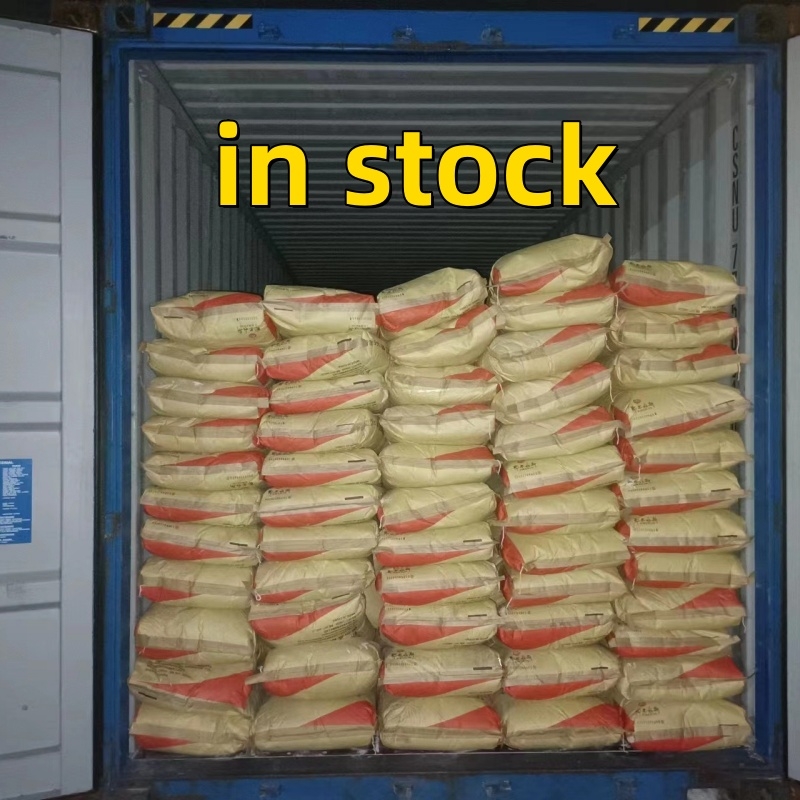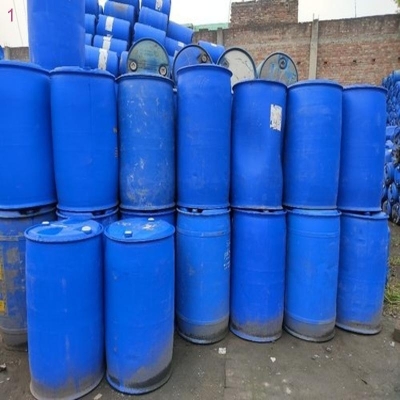-
Categories
-
Pharmaceutical Intermediates
-
Active Pharmaceutical Ingredients
-
Food Additives
- Industrial Coatings
- Agrochemicals
- Dyes and Pigments
- Surfactant
- Flavors and Fragrances
- Chemical Reagents
- Catalyst and Auxiliary
- Natural Products
- Inorganic Chemistry
-
Organic Chemistry
-
Biochemical Engineering
- Analytical Chemistry
-
Cosmetic Ingredient
- Water Treatment Chemical
-
Pharmaceutical Intermediates
Promotion
ECHEMI Mall
Wholesale
Weekly Price
Exhibition
News
-
Trade Service
Under the premise of the rapid development of the new energy industry, the demand for diesel and gasoline is close to the peak, and the product structure has changed significantly, which puts forward higher requirements
for the transformation and upgrading of the refining industry.
The project "Creation and Industrial Practice of Catalytic Cracking Technology of Mesoporous Zeolite Heavy Oil with Multiple Olefins" completed by the team of Professor Xu Youyou, Chief Scientist of Sinopec, pioneered a new catalytic cracking catalyst with mesoporous zeolite as the only active component, solved a series of reaction engineering problems, and completed industrial tests, providing a new technical path
for the development of the refining industry structure from fuel to chemical industry.
The project also recently won the first prize
of technical invention of the Chinese Chemical Industry Society.
The transformation of the refining industry is imminent
China's automobile gasoline is mainly composed of catalytic cracking gasoline
.
As the core device in the production process of fuel-based refineries, the catalytic cracking unit produces more than
2/3 of the total domestic automotive gasoline.
In recent years, China's refining capacity has expanded rapidly, but the growth rate of refined oil consumption has gradually slowed down, diesel consumption has peaked, gasoline consumption is expected to peak at the end of the "14th Five-Year Plan", and the problem of overcapacity in the refining industry is prominent
.
But at the same time, low-carbon olefins such as propylene and butene and low-sulfur marine fuel oil are in short supply
.
In this context, catalytic cracking technology with gasoline and diesel as the target product must accelerate the transformation
.
However, Xu Youyou also pointed out that promoting the use of mesoporous zeolite catalysts faces two difficulties: one is timing, and the other is concept
.
In the past, China's gasoline demand remained high for a long time, and the time for the transformation of the refining industry was delayed; Moreover, China has begun to use Y-type molecular sieve catalysts since the fifties and sixties of the 20th century, and has all turned to the use of mesoporous molecular sieve catalysts, and the industry needs buffer time
.
In response to the concerns raised, he said: "If there is a real problem, we can also take a step back and continue to use the catalyst
of Y-type zeolite again.
" But this step forward must be taken
today.
”
Pioneered technology to increase low-carbon olefin yield
The catalytic cracking catalyst with mesoporous molecular sieve as the only active component and its related technology developed by Professor Xu's team are the first in the world
.
According to reports, the Y-shaped molecular sieve used in the production of gasoline in the past as an active component catalyst has good heavy oil conversion ability, but it is easy to lead to side reactions of low-carbon olefins, affecting the selectivity and yield
of low-carbon olefins.
After in-depth research on the catalytic cracking reaction of hydrocarbons, the project team found that low-carbon olefins such as propylene and butene are usually generated by hydrocarbons on the active center in the molecular sieve pores, and they must be diffused outside the pores in time to avoid side reactions to generate alkanes and aromatics
.
So they developed a new mesoporous zeolite catalyst to maximize the olefin content of the product
.
"Mesoporous zeolite hydrogen transfer reaction activity is extremely low, which can effectively limit the hydrogen transfer reaction of olefins to alkanes
again.
" Xu Youyou explained
.
In 2021, the technology successfully completed industrial trials
in Qingdao Petrochemical.
Compared with blank calibration, this technology can increase the yield of propylene by 98% and isobutylene by 228%
under the same raw material properties.
The technology can also be applied to cost-effectively build or retrofit existing FCCs
.
With only minor modifications to existing installations, companies can flexibly adapt the production of
different target products such as low-carbon olefins, gasoline and low-sulfur marine fuel oils.
In addition, the preparation process of the new mesoporous molecular sieve is green and low-carbon, does not produce "three wastes", and can effectively inhibit the production of coke from polycyclic aromatic hydrocarbons and help reduce carbon dioxide
.
Market demand drives continuous technological innovation
As one of Sinopec's "Ten Dragons" research projects, the birth and industrialization of this technology is inseparable from the joint efforts
of the Academy of Stone Sciences and Qingdao Petrochemical.
Xu Youyou believes that there are two driving forces for technological innovation, one is to develop science, and the other is to solve market demand
.
Therefore, he stressed the need to attach importance to the market feedback role of the "cooperation platform" - according to the new needs of the enterprise, the scientific research team determines the direction of future progress, forming a positive cycle
.
As a follow-up, he is actively researching and developing targeted catalytic cracking technologies for producing ethylene and propylene, integrating and innovating existing steam cracking, catalytic cracking, olefin cracking and methanol conversion technologies, and creating green and efficient technologies for the production of low-carbon olefins
.
"The development of this technology is just the beginning
.
If I'm doing the right thing, it will continue to transform the domestic refining industry for the next ten or twenty years
.
Xu Youyou said that at present, the rapid development of domestic non-fossil fuel vehicles, the domestic market has maintained a strong growth rate in demand for low-carbon olefins
.
In the next step, the project team will continue to make every effort to tackle key problems and strive to solve the industry problems
such as the traditional "hydrogenated naphtha cracking to ethylene" methane yield is too high and the ethylene/methane ratio is too low.







